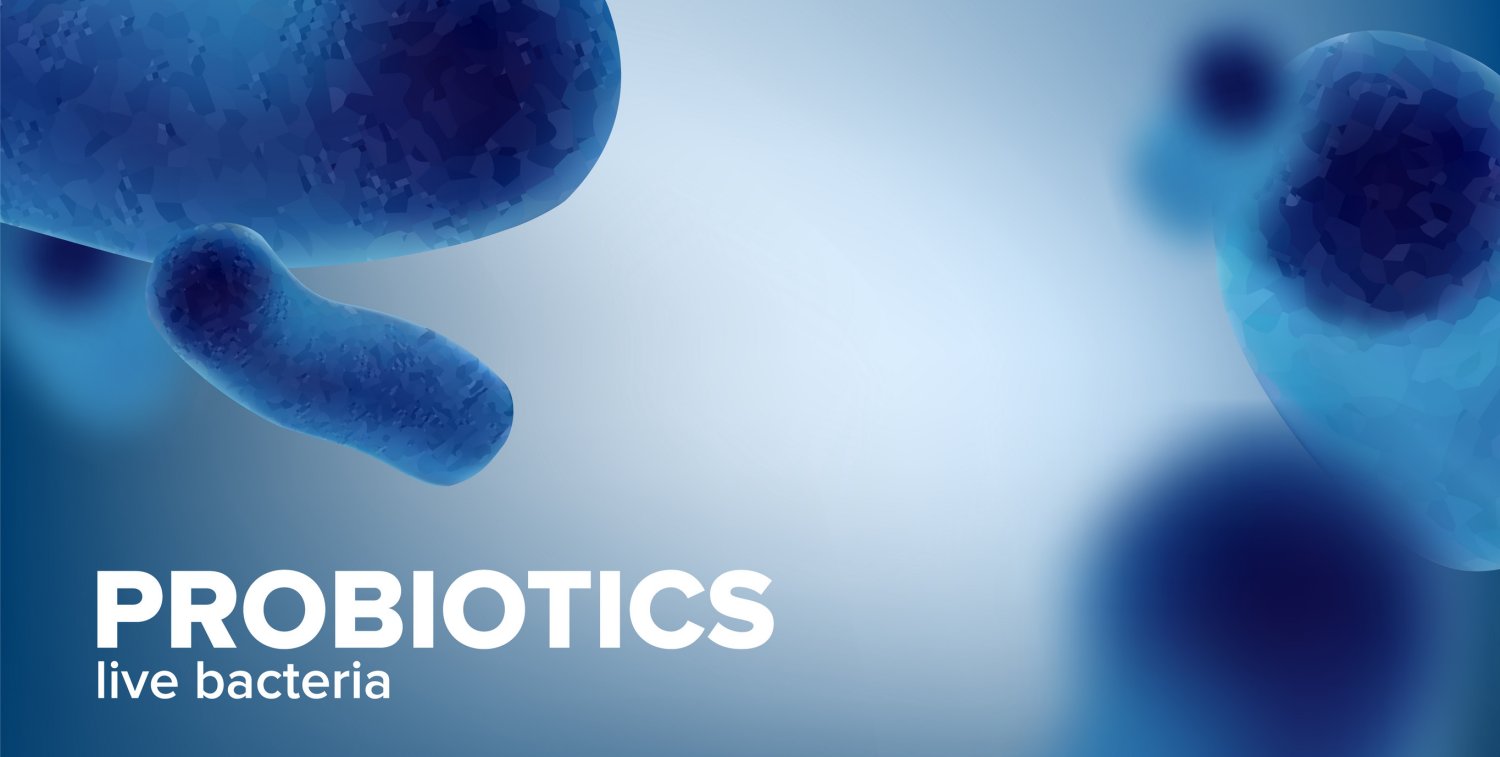by Matt Weik, BS, CSCS, CPT, CSN
If you’re not focusing on your gut health, I don’t know what to tell you. With things like prebiotics and probiotics, there is no “trend” going on. These things are here to stay, and more and more people are jumping on board and getting behind them.
But what about postbiotics?
These bioactive compounds, produced when good bacteria feast on fiber, are generating excitement among health enthusiasts and researchers.
While probiotics are the friendly bacteria residing in our gut, and prebiotics serve as their nutritional fuel, postbiotics represent the powerful byproducts of this intricate microbial relationship.
From supporting digestive wellness to potentially boosting immune function, these microscopic messengers reveal fascinating insights into how our internal ecosystem influences our overall health.
In this article, we will dive deeper and explore all about postbiotics and how they can be beneficial to your health.
Disclaimer: This article is for informational purposes only and is not meant to treat or diagnose any condition. It is recommended that you speak with your doctor before starting any exercise program, changing your daily nutrition, or adding any supplements to your regimen.
What are Postbiotics?
First, microorganisms in your microbiome are living. Postbiotics are substances built by your microorganisms while they go about their business. These substances are not “live” microorganisms, but they are still helpful to your microbiome.
That all being said, you may see postbiotics referred to by different names. Some of these names include:
- Paraprobiotics
- Non-viable microbial cells
- Fermented infant formulas (FIFs)
The Health Benefits of Postbiotics
Although the emergence of postbiotics is still somewhat new, they have been around for a long time and have been associated with various health benefits. Let’s look at some of the health benefits below:
1. May improve athletic performance
Exercise can influence the balance and activity of gut microbiota, which can affect overall health. Probiotics may positively impact athletic training and performance, and researchers are now finding benefits with postbiotics as well.
A review of studies with 477 healthy adults examined the link between postbiotic supplements and exercise. The results suggest postbiotics help improve mood, reduce fatigue, and boost readiness during weeks of athletic training.
However, researchers caution that more studies are needed to fully understand how postbiotics may enhance health, performance, and recovery, particularly across different athletes and with extended use.
Also, since the microorganisms in postbiotics are already dead, postbiotic supplements tend to have a longer shelf life and are easier to store and transport than probiotics. This may be helpful for athletes who travel frequently and have demanding schedules.
2. Can boost your immune system
There is some emerging research that highlights the potential of postbiotics to improve immune system function through multiple mechanisms.
Butyrate, a short-chain fatty acid within the postbiotic family, plays a crucial role by stimulating regulatory T-cell production in the intestinal environment. These specialized cells act as crucial regulators, helping to fine-tune the body’s immune response and maintain balanced inflammatory reactions.
Cell wall fragments and bacterial supernatants contribute additional immune-supportive actions by triggering the production of anti-inflammatory cytokines. These chemical messengers help reduce inflammation and enhance overall immune system responsiveness.
In one 12-week investigation involving 80 participants, daily postbiotic supplementation notably reduced respiratory infection risks and improved antibody production against harmful bacteria and toxins.
Another 20-week study with 300 older adults revealed that both low and high-dose postbiotic supplementation significantly decreased common cold incidence compared to the placebo group, suggesting potential protective effects against seasonal infections.
3. Relieve constipation and diarrhea
Fermented milk products can help adults with constipation and diarrhea-oriented irritable bowel syndrome (IBS).
According to a study, a postbiotic regimen significantly impacted the quality of life of people with IBS. After four weeks, participants noticed major relief in terms of bowel movement frequency, pain, and bloating.
4. Postbiotics and Atopic Dermatitis
Atopic dermatitis (AD) is a chronic skin condition that usually starts in childhood. It causes skin inflammation and itching. AD treatment typically involves using moisturizers and avoiding triggers, followed by topical anti-inflammatory medications like steroids.
Studies suggest that AD may be linked to microbiota dysbiosis, an imbalance in the variety and spread of microorganisms in the skin and gut.
A review of three studies involving 121 adults and children found that those given oral postbiotics from heat-treated Lactobacillus had lower scores for AD severity and other factors like disease area, intensity, and side effects compared to participants who took a placebo.
5. It may help with eczema
A recent study revealed promising results for postbiotics in managing allergy symptoms. Participants taking postbiotic supplements for 8 to 12 weeks experienced notable improvements in eczema severity, while those in the placebo group saw no significant changes.
This research highlights the potential of postbiotics as a natural approach to addressing allergic skin conditions.
List of Postbiotics
Postbiotics can be separated into several categories:
- Short-chain fatty acids
- Enzymes
- Cell-free supernatants (compounds produced by yeast and bacteria)
- Cell wall fragments
- Bacterial lysates (medicines made from broken-down bacteria)
- Exopolysaccharides (substances that microorganisms secrete)
- Lipopolysaccharides (large molecules that can be found on the outer layer of certain bacteria)
- Other metabolites include vitamins and amino acids
Postbiotic Foods
Foods that may help increase postbiotics in your gut include:
- Sourdough bread
- Tempeh
- Kimchi
- Kefir
- Kombucha
- Miso soup
- Fermented sauerkraut
- Buttermilk
- Cottage cheese
- Fermented pickles
- High-fiber foods like flaxseed, oats, seaweed, and garlic
- Yogurt


